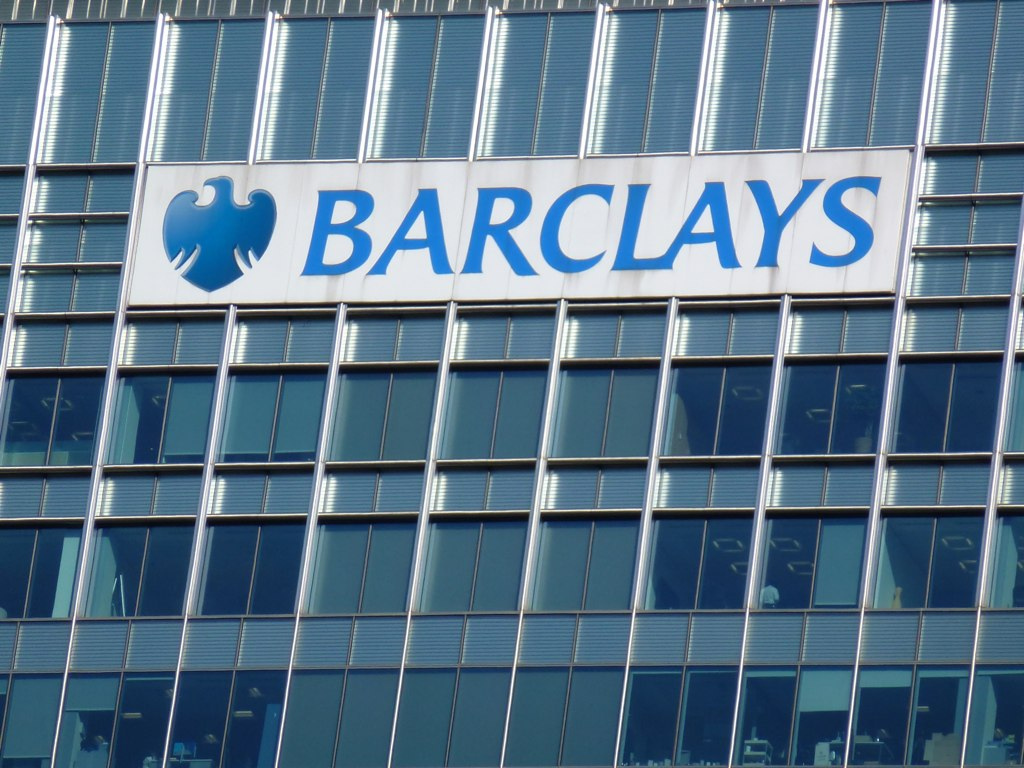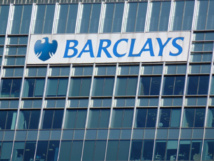They will be the first accused of the fraud with the interbank rate Euribor, for which interest rates are set on a large number of financial products, including mortgages. International investigations of frauds with rates already cost about $ 9 billion to the banks. Such a large amount of money was spent to address regulatory issues. More than 30 people were brought to justice.
Earlier in October, a former British Deutsche Bank trader Michael Ross Curtler pleaded guilty to the manipulation of the London Interbank Offered Rate (LIBOR) in the New York court. Trader colluded with colleagues to manipulate interest rates in order to enrich themselves. Mr. Curtler became the first bank officer convicted in the case. The court released the accused on bail. The final sentence will be passed on him January 19, 2016.
Recall that the scandal involving manipulations with LIBOR traces back to the financial crisis of 2008. Traders of some banks reported false information, what allowed keeping low level of interest rates on interbank loans. During the machinations with the LIBOR rate, some of the world largest banks were fined a total of $ 3 billion. In general, the investigation by financial regulators of different countries involved about 20 major banks, including Barclays, UBS, RBS, HSBC, JPMorgan, Citigroup, Lloyds Banking Group and Deutsche Bank. The regulators then were joined by depositors and investors: litigation against banks was conducted in several countries.
At some point, Deutsche Bank carried out an internal investigation, concluding that the bank did not do anything wrong as an institution. In case of any violations, the fault is entirely on the conscience of brokers and individuals involved in the fraud. However, according Financial Times, one of the conditions for the termination of bank persecution in the United States and Britain will be recognition of its guilt in court. Bank regulators declined to comment on these reports. Another condition is to pay a fine of not less than $ 1.5 billion. However, the sources said, the deal is not yet fully defined, which means that the penalty can only increase. Until now, the largest fine paid by the bank in the case of LIBOR was fine imposed by the British, European and US regulators for the Swiss UBS, - $ 1,5 Bln.
As is usual with it, the agreement with regulators does not necessarily mean that individual complainants will be deprived of the opportunity to seek justice in court, and that a bank will be able to shake off all this long history. However, one important positive point in this for all of the bank is: among regulators, ready to make a deal with the bank, is a Financial Services in New York, which become interest in this matter. Typically, management seeks to enter into a separate agreement with a bank on its own, extremely harsh conditions. Banks hoped to avoid this scenario, and it seems that they did it.
source: reuters.com
Earlier in October, a former British Deutsche Bank trader Michael Ross Curtler pleaded guilty to the manipulation of the London Interbank Offered Rate (LIBOR) in the New York court. Trader colluded with colleagues to manipulate interest rates in order to enrich themselves. Mr. Curtler became the first bank officer convicted in the case. The court released the accused on bail. The final sentence will be passed on him January 19, 2016.
Recall that the scandal involving manipulations with LIBOR traces back to the financial crisis of 2008. Traders of some banks reported false information, what allowed keeping low level of interest rates on interbank loans. During the machinations with the LIBOR rate, some of the world largest banks were fined a total of $ 3 billion. In general, the investigation by financial regulators of different countries involved about 20 major banks, including Barclays, UBS, RBS, HSBC, JPMorgan, Citigroup, Lloyds Banking Group and Deutsche Bank. The regulators then were joined by depositors and investors: litigation against banks was conducted in several countries.
At some point, Deutsche Bank carried out an internal investigation, concluding that the bank did not do anything wrong as an institution. In case of any violations, the fault is entirely on the conscience of brokers and individuals involved in the fraud. However, according Financial Times, one of the conditions for the termination of bank persecution in the United States and Britain will be recognition of its guilt in court. Bank regulators declined to comment on these reports. Another condition is to pay a fine of not less than $ 1.5 billion. However, the sources said, the deal is not yet fully defined, which means that the penalty can only increase. Until now, the largest fine paid by the bank in the case of LIBOR was fine imposed by the British, European and US regulators for the Swiss UBS, - $ 1,5 Bln.
As is usual with it, the agreement with regulators does not necessarily mean that individual complainants will be deprived of the opportunity to seek justice in court, and that a bank will be able to shake off all this long history. However, one important positive point in this for all of the bank is: among regulators, ready to make a deal with the bank, is a Financial Services in New York, which become interest in this matter. Typically, management seeks to enter into a separate agreement with a bank on its own, extremely harsh conditions. Banks hoped to avoid this scenario, and it seems that they did it.
source: reuters.com



















